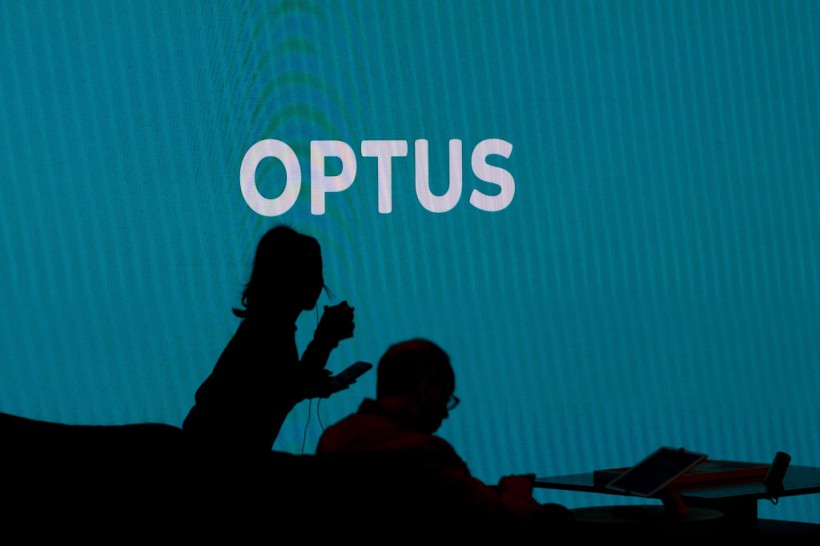The Optus hack has prompted companies to improve their security measures so no customer data will be stolen in the process. To prevent future cyberattacks from exploiting users, the Australian government wants to implement a centralized digital ID verification system for every resident.
While this sounds good on paper, cybersecurity experts warn that this implementation is flawed to data misuse.
Centralized ID System For Aussies

(Photo : Brendon Thorne/Getty Images)
SYDNEY, AUSTRALIA - OCTOBER 05: Customers wait to be served inside an Optus store on October 05, 2022 in Sydney, Australia. The identification details of 9.8 million customers of the Telecommunications operator Optus was stolen in a data breach last week, one of the largest data breaches to occur in Australia.
Australian lawmakers are currently planning to use the myGovID system as a single digital authentication service that will cater to the needs of millions of citizens.
Following the recent Optus cyberattack that became more controversial because of the apologetic hacker, the government is prompted to take another step to revamp its security protection policies.
Bill Shorten, the current Minister for Government Services and National Disability Insurance Scheme said that David Thodey was tapped for the auditing process of myGov ID. The latter served as the chief executive of Telstra until his retirement in 2015.
Thodey will be assigned in evaluating if the centralized ID verification system will be effective in safeguarding consumers' data. At the time, the authorities are assessing if myGov could be a convenient substitute for the physical presenting of ID documents.
The Optus data breach has posed a major risk not only to the part of the company but to other organizations that lack security support.
During the attack, the experts said that nearly 10 million customers were affected. The exposed data includes Medicare numbers, passports, driver's licenses, and more.
No Need For Frequent Presenting of Personal IDs
To mitigate future cyberattacks from spawning, Shorten's spokesperson said that myGov could be the key to solving this issue. He highlighted that this approach could save time for the users especially when they are required to present any personal information multiple times.
Katy Gallagher, Australia's finance minister is pushing the government to adopt the system for digital ID legislation.
The plan to expand the myGovID system was traced back to October 2021 when the government passed a draft of this plan. It has never reached the parliament before, but it seems that this time, it's nearing the implementation process.
Related Article: Australian Authorities Demand that Optus Pay Costs on Massive Data Breach
Cybersecurity Experts Warn About the Single ID System
While lawmakers see the digital identity framework as a viable solution to improve cybersecurity protection, some security researchers have a different opinion about this ruling.
According to Vanessa Teague, a cybersecurity researcher, storing all of the ID documents in one system will mean that they are vulnerable to cyberattacks.
She added that if the system encounters a failure, all of the existing logins will be affected. As a result, millions of data will be instantly hacked by the remote attackers.
Another expert Stephen Wilson who works as a data privacy consultant said that every affected individual will be required to issue a new ID if their ID numbers were hacked.
Meanwhile, iOS 16 users are prompted to run a security check on their devices because of the latest Optus data breach.
In other news from 9News, a Sydney man was arrested for sending a scam text message to more than 90 Optus customers. The suspect was asking $2,000 from the victims in exchange of their data. The authorities confirmed that he was not the real mastermind behind the Optus hacker.
Read Also: Optus to Offer Free 12-Month Subscription For the 'Most Affected' Customers
This article is owned by Tech Times
Written by Joseph Henry









